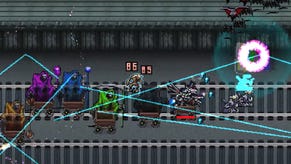What would happen if Microsoft, Nintendo and Sony got together to make one console?
Tekken producer reckons opportunities for innovation would be endless.
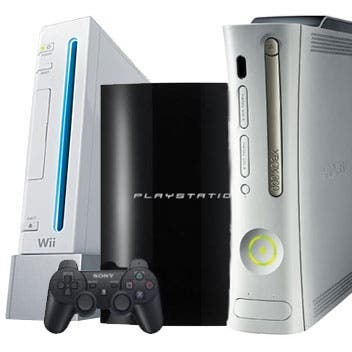
What would happen if Microsoft, Nintendo and Sony put aside their differences and made a console together?
According to the brains behind the Tekken series, the result would provide endless possibilities for innovation.
Outspoken Japanese designer Katsuhiro Harada, who has worked on Tekken for the past 17 years, told news.com.au that it would be better for gamers if they weren't tied down by a single console.
"For a long time, the game industry has been able to control the way people play games," he said.
"There was a platform that people used solely for their gaming needs, and the industry had control of the trends and such that occurred."
Now, Harada believes, the emergence of smartphones and browser games means gamers are used to platform agnostic software.
"People are able to not be tied down by consoles," he said. "And it doesn't stop with phones, we have browser gaming and all these different platforms."
Harada praised Sony's decision to have PlayStation 3 games region free, meaning fans can play foreign games on their console. And if the big three joined forces, video game innovation would be significantly boosted, he said.
"I think it would be interesting if Sony, Microsoft and Nintendo got together just to make one console. It makes me very happy to think about all the possibilities that could occur because of that."
Harada isn't the first high-profile game developer to call for a single console. In 2007 Silicon Knights boss Dennis Dyack said a single console would mean games would become "better in quality, cheaper and more widely available".
"It's inevitable. It will happen," he predicted. "The market is also split in an unhealthy way between the major manufacturers. Nintendo, Microsoft, and Sony all may have equal market share this generation, making it extremely difficult for third-party publishers to choose what platform to focus on.
"Not that it's easy for first-party manufacturers, either. Microsoft, Sony, and Nintendo have put tremendous resources into trying to make the best hardware, including spending significant amounts of money trying to get exclusive mega-titles like Grand Theft Auto on their system first.
"Despite all this, it's still not enough. The economics of the proprietary models seem to point toward spending more money and receiving fewer returns with each generation, with no clear winner."
Back in 2007, Dyack predicted a unified format, decided upon by a consortium of game makers, that would enable a "model of perfect competition" in the hardware marketplace. Games would be cheaper and more creative because publishers would be guaranteed 100-percent market penetration.
More recently, Bethesda game director Todd Howard echoed Dyack's comments, saying he would like to see games follow the same path of DVDs and Blu-rays.
"Once I've bought a DVD I can use it in my TV, in my computer, in my car, here, whatever. And I think it would be good for gaming if it was like that," he said.
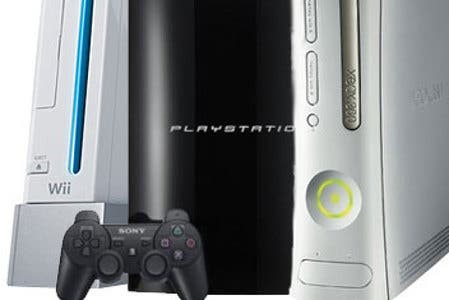

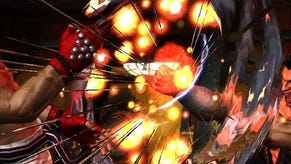


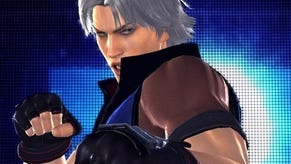
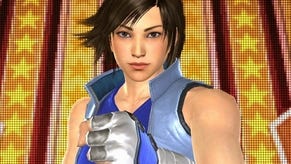




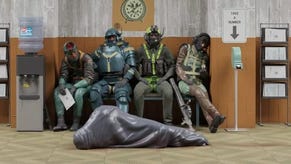
.png?width=291&height=164&fit=crop&quality=80&format=jpg&auto=webp)


